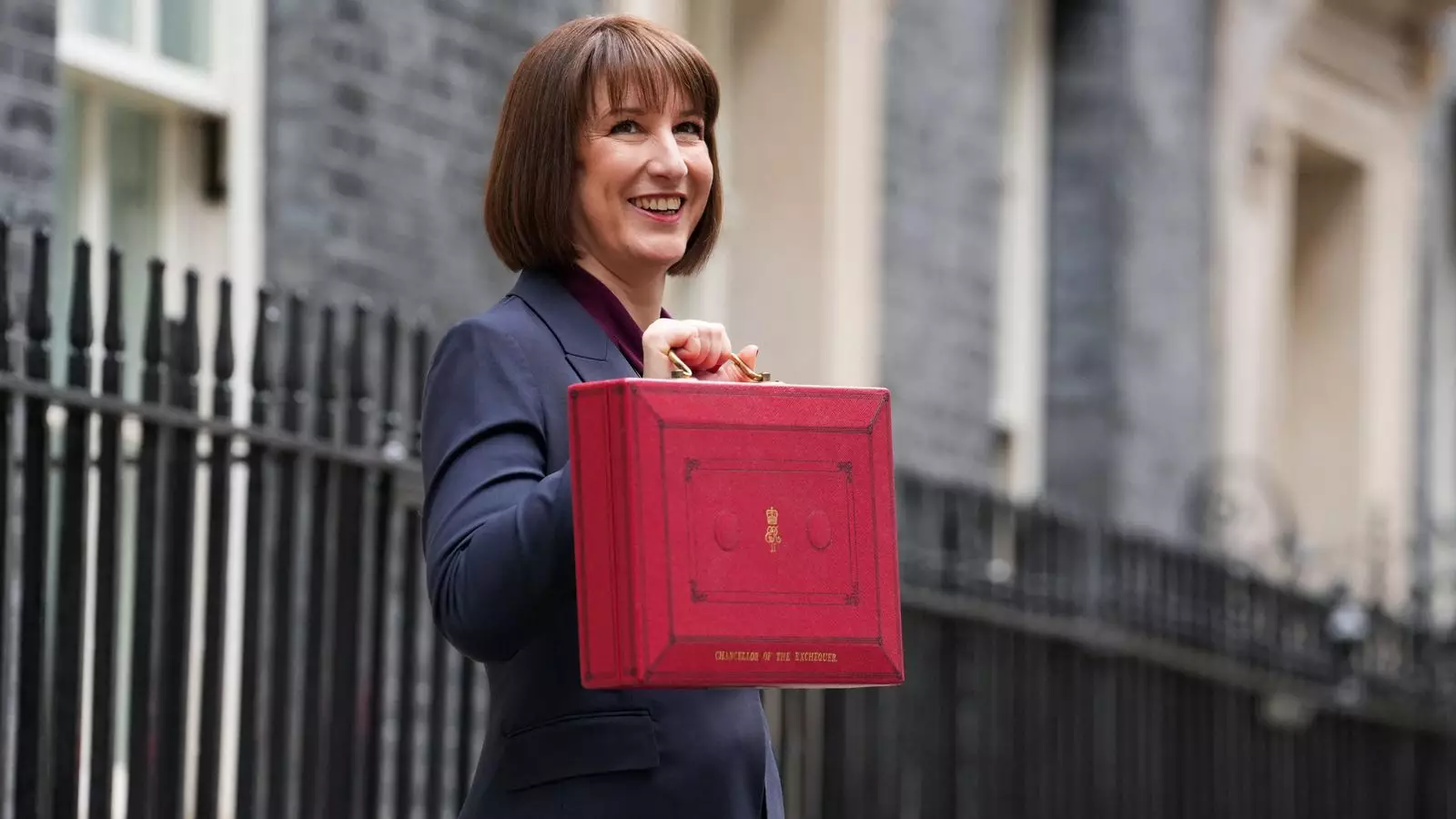Recent statements from senior government officials reveal an unspoken acknowledgment: tax increases are poised to be part of the upcoming budget, despite political posturing to the contrary. Transport Secretary Heidi Alexander’s comments highlight a subtle but crucial truth—politicians are aware of the economic necessity, even if they shy away from openly embracing it. The discussion isn’t about whether taxes will rise but how they will be justified and packaged to the public. This underlying tension underscores a fundamental dilemma: governments must balance fiscal responsibility with electoral popularity, often leading to the uncomfortable reality that voters on modest incomes will bear the brunt.
The political narrative is carefully curated, emphasizing fairness and adherence to manifesto promises. Yet, these promises are increasingly proving to be fragile. The government’s decision to abandon welfare reforms, notably around Personal Independence Payments, signals a stark recognition that fiscal constraints are tightening. This concession, driven by internal rebellions and political fallout, exposes a deeper truth—without tactful planning and strategic compromises, fiscal policy becomes a game of brinkmanship and momentary appeasement rather than genuine reform.
Fiscal Reality Versus Political Promises
The expectation that government spending can be cut without raising taxes is increasingly unrealistic. The recent context—cancelled welfare reforms and the need for additional revenue—points to an unavoidable conclusion: tax hikes are likely on the horizon. However, this inevitability clashes sharply with the rhetoric of fairness and social justice championed by liberals. The challenge lies in justifying increased levies on the middle and working classes to fund necessary public services and defense commitments.
In a well-meaning effort to appear responsible and responsive, politicians often frame tax increases as necessary evils—an unfortunate but unavoidable step. Yet this framing oversimplifies the complex socio-economic impact of such measures. Raising taxes, particularly on those with limited disposable income, risks stifling economic mobility and widening inequality. It also undermines the very social contract that promises fairness and opportunity. From a center-leaning liberal perspective, the key concern must be ensuring that fiscal policy promotes sustainable growth and social cohesion, not merely balancing the books at the expense of ordinary citizens.
The Cultural and Economic Implications of Tax Increases
Historically, tax hikes tend to engender public resentment and skepticism, especially when they are perceived as unjust or disproportionately affecting the middle and lower classes. The political debate often overlooks the structural reasons why government finances are strained—such as systemic underfunding of key public services, rising healthcare costs, and increased military commitments. These pressures demand a frank discussion about priorities and sacrifices.
From a liberal standpoint, the solution isn’t merely taxing more but ensuring that taxes are fair, strategic, and directed toward long-term societal investment. Funding the NHS, education, and social safety nets requires a redistribution of resources—not just from the wealthy but also ensuring that middle-income earners aren’t pushed into hardship. The challenge is crafting a fiscal approach that addresses austerity’s root causes without deepening societal divides or eroding trust in governmental institutions.
The political game thus reveals a fundamental truth: austerity and tax hikes are not just economic choices—they are moral decisions that shape the social fabric. Governments must be transparent about their priorities and honest about the sacrifices required, lest they risk alienating the very constituents they aim to serve.
The Political Dilemma: Navigating Between Populism and Responsibility
The current political climate demonstrates that promise-keeping and reality often clash. Politicians like Keir Starmer and Conservative leaders face a harsh reality—public support for austerity and tax increases is fragile. Reactive politics tend to prefer superficial solutions, but avoiding difficult decisions only worsens long-term economic instability.
A center-wing liberal approach recognizes that tax revenues are vital, but also advocates for policies that foster fair wealth redistribution, investments in public goods, and responsible fiscal management. The temptation to dismiss tax increases as unpopular or unjust is shortsighted. Instead, framing them within a broader narrative of social justice and economic sustainability can reduce resistance and foster more constructive public discourse.
Ultimately, realistic and ethical governance requires accepting that tax hikes, while undesirable, may be essential to fund the social services and national security that uphold a fair society. The challenge is not just balancing budgets but aligning fiscal policies with values that prioritize social equity and long-term prosperity over short-term political gains. This is the crux of civic responsibility—a commitment to shaping a society that remains viable, equitable, and resilient in the face of fiscal constraints.


Leave a Reply